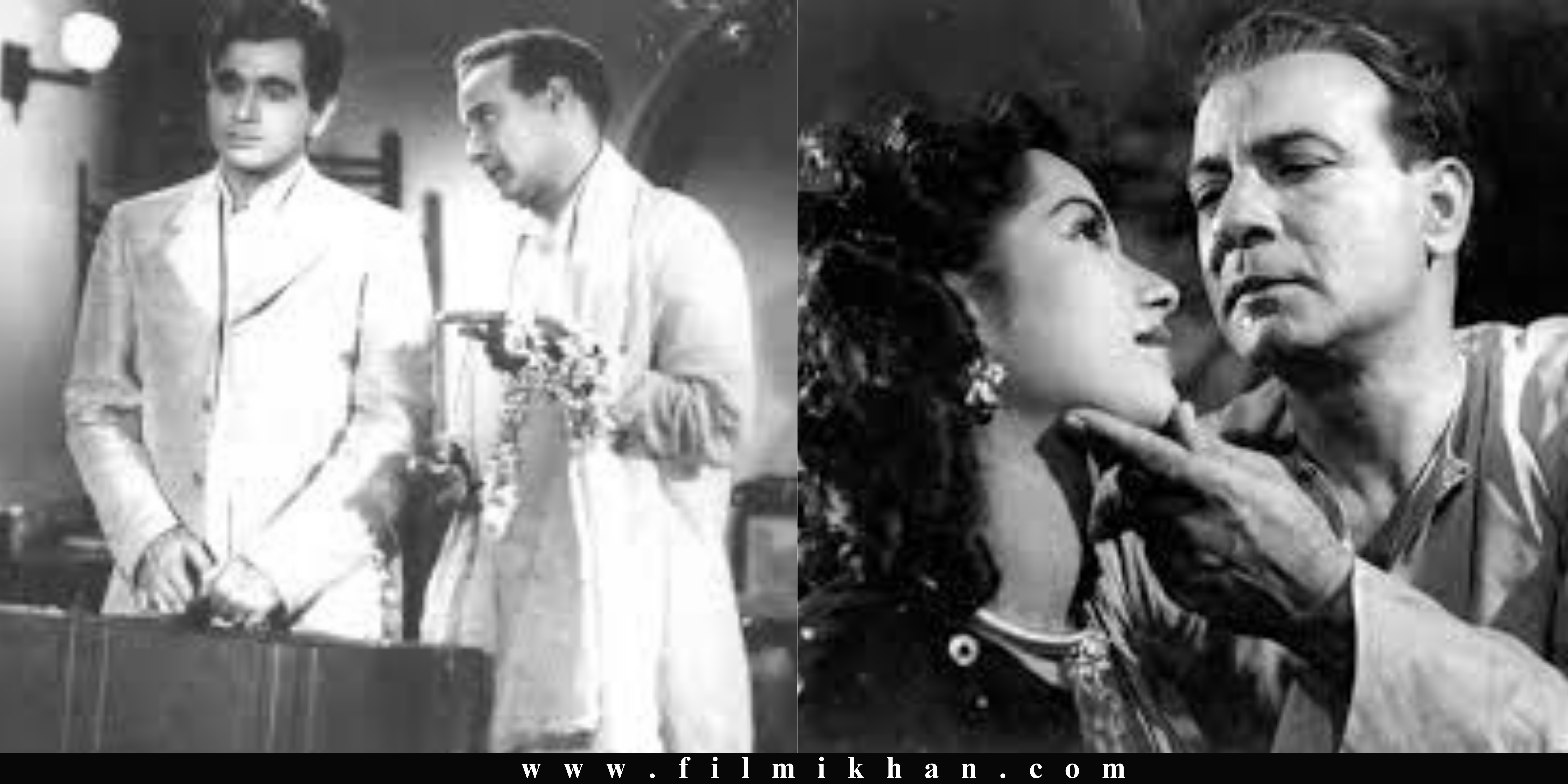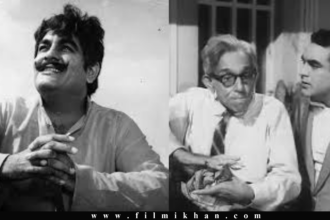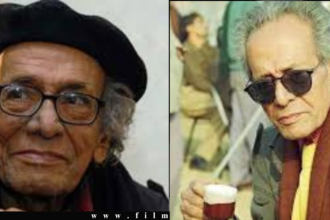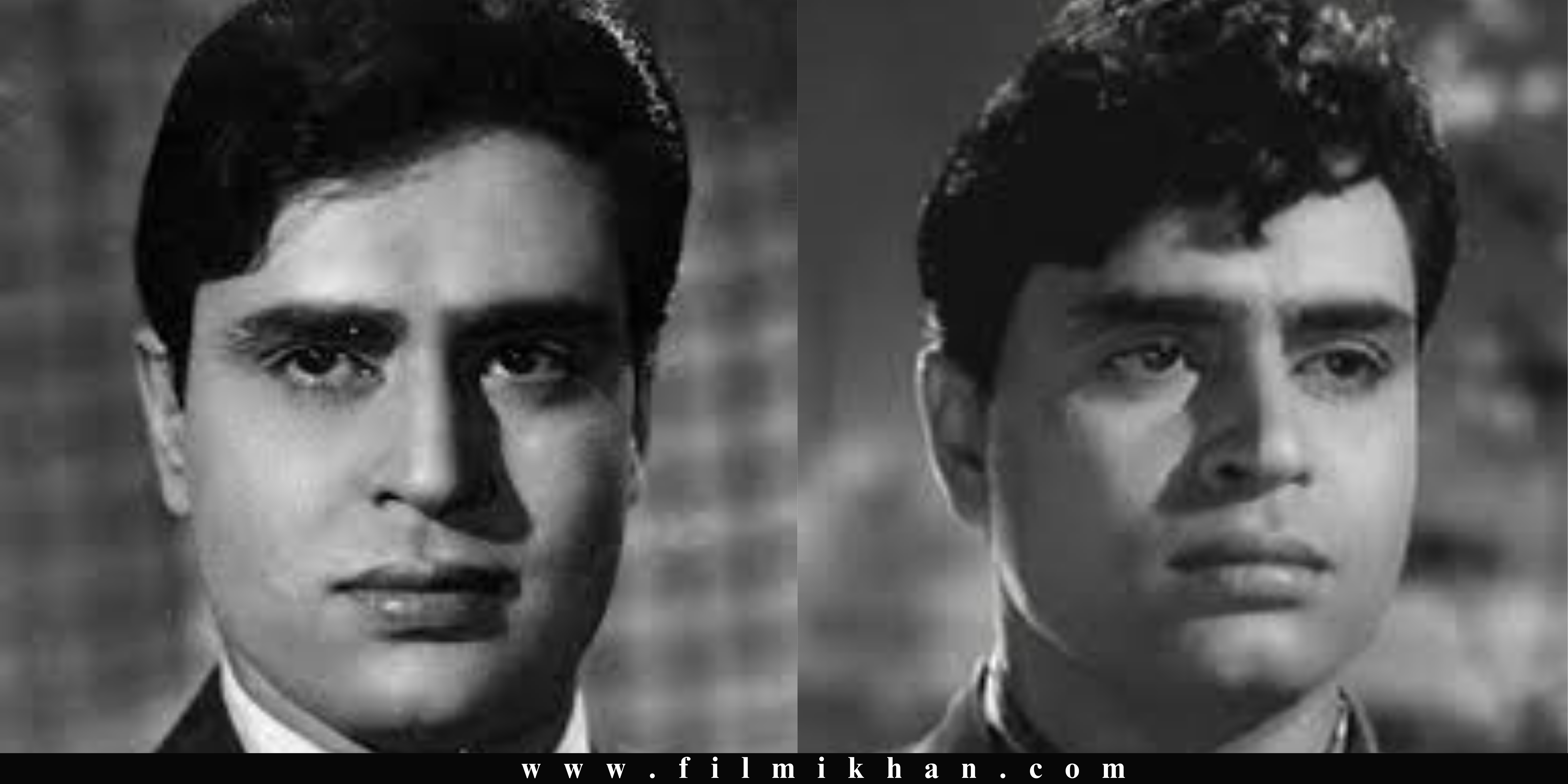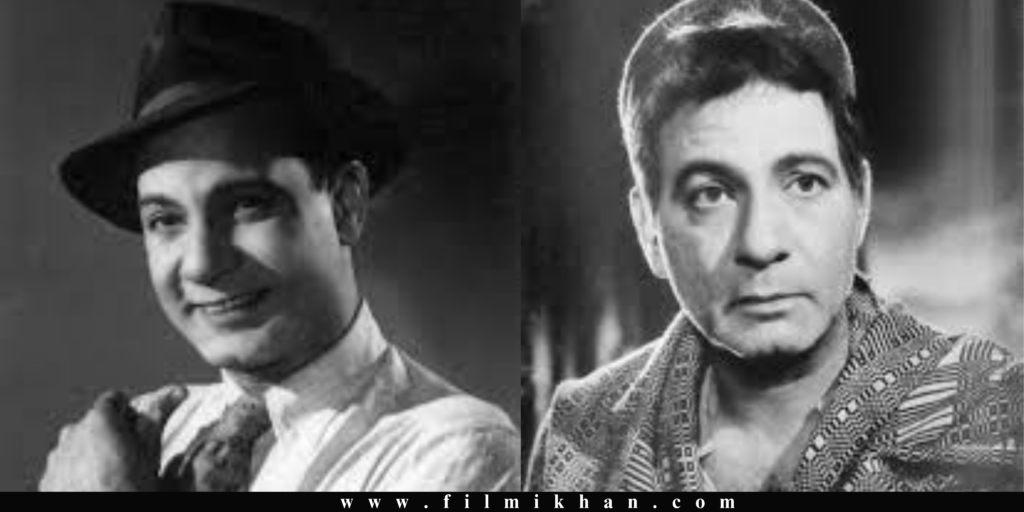
Motilal Rajvansh, commonly known as Motilal, was a distinguished Indian actor and a pivotal figure in the evolution of Hindi cinema. He was born on December 4, 1910, in Shimla, India, Motilal’s innovative acting style and natural performances earned him a place among the legends of Indian cinema. His career, spanning over three decades, left an indelible mark on Bollywood and set new standards for film acting.
Motilal was born into a well-off family in Shimla, where he spent his early years. After the untimely death of his parents, he moved to Delhi and then to Mumbai to live with his relatives. Despite initially pursuing law, his passion for acting led him to the world of cinema. His striking looks and confident demeanour soon caught the attention of filmmakers.
Motilal made his film debut with “Shaher Ka Jadoo” (1934), directed by K.P. Ghosh. His effortless acting and screen presence were immediately noticeable, setting him apart from the theatrical style prevalent in Indian cinema at the time. This film marked the beginning of a prolific career that saw him become one of the most respected actors in the industry.
The 1940s were a golden period for Motilal, with memorable performances in films like Vatan Parasta (1934), Silver King (1935), Do Ghadi Ki Mauj (1935), Jeevan Lata (1936), Do Diwane (1936), Dilawar (1936), Kokila (1937), Jagirdar (1937), Captain Kirti Kumar (1937), Teen Sau Din Ke Baad (1938), Hum Tum Aur Woh (1938), Sach Hai (1939), Aap Ki Marzi (1939), Holi (1940), Achhut (1940), Pardesi (1941), Armaan (1942), Tasveer (1943) and “Devdas” (1955). His portrayal of Chunni Babu as Candramukhi’s lover in “Devdas” was particularly lauded for its depth and sensitivity. Unlike many of his contemporaries, Motilal embraced a more naturalistic acting style, which resonated well with audiences and critics alike.
Motilal’s acting style was characterized by its realism and subtlety. He broke away from the exaggerated expressions and gestures typical of early Indian cinema, opting instead for a more understated and relatable approach. His roles often depicted everyday characters, making his performances timeless and universally appealing.
He also acted in Jagte Raho (1965) as a kind-hearted drukard singing “Zindagi Khwab Hai.” He again won the Filmfare Award for Best Supporting Actor for his portrayal of Sir Jagdish Chandra Roy, a wealthy man who pretends to be poor Haradhan, in Bimal Roy’s film Parakh (1960).https://filmikhan.com/pankaj-kapoor-the-versatile-maestro-of-films-and-television/
His other important films: Ab Dilli Dur Nahin (1957), Paigham (1959), Anari (1959), Asli-Naqli (1962), Yeh Rastey Hain Pyar Ke (1963), Leader (1964), Waqt (1965), and Yeh Zindagi Kitni Haseen Hai (1966).
He also directed film Chhoti Chooti Batein (1965).
Motilal was not only an accomplished actor but also a trailblazer who influenced subsequent generations of actors. He set a new benchmark for acting, demonstrating that subtlety and realism could be as impactful as dramatic flair. His collaboration with renowned directors like Bimal Roy and Hrishikesh Mukherjee resulted in some of the most critically acclaimed films of the era.
Despite his professional success, Motilal faced personal challenges, including financial difficulties later in life. He was known for his affable nature and generosity, which endeared him to his colleagues and fans alike. Motilal passed away on June 17, 1965, but his legacy lives on through his films and the standards he set for future actors.
Throughout his career, Motilal received numerous accolades for his contributions to Indian cinema. He was posthumously awarded the Filmfare Best Supporting Actor Award for “Devdas” (1955) and the Best Actor Award for “Parakh” (1960). His work continues to be celebrated by film enthusiasts and critics, cementing his place as a pioneer in the industry.
Motilal’s influence on Indian cinema is profound and lasting. His transition from theatrical to naturalistic acting paved the way for modern acting techniques in Bollywood. His films remain a testament to his talent and dedication, inspiring actors and filmmakers to this day.


